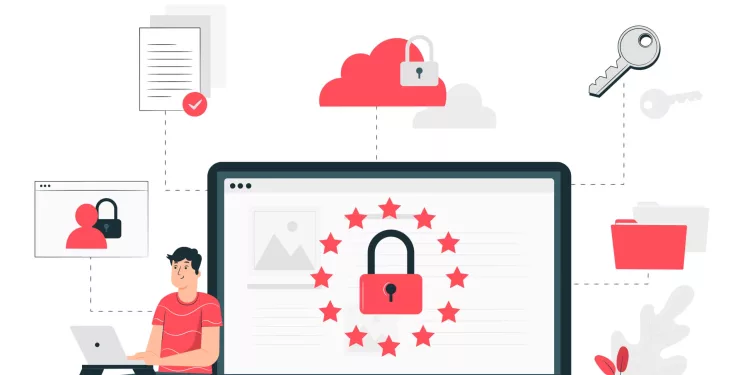Social media has a special place in our lifestyle now. Platforms like Facebook, Twitter, Instagram, and TikTok connect us with friends, family, brands, celebrities, and more. However, our increased reliance on social media has also raised valid privacy and security concerns. Let’s discuss whether using a VPN for social media can help enhance your privacy and security.
Why Privacy and Security Matter on Social Media?
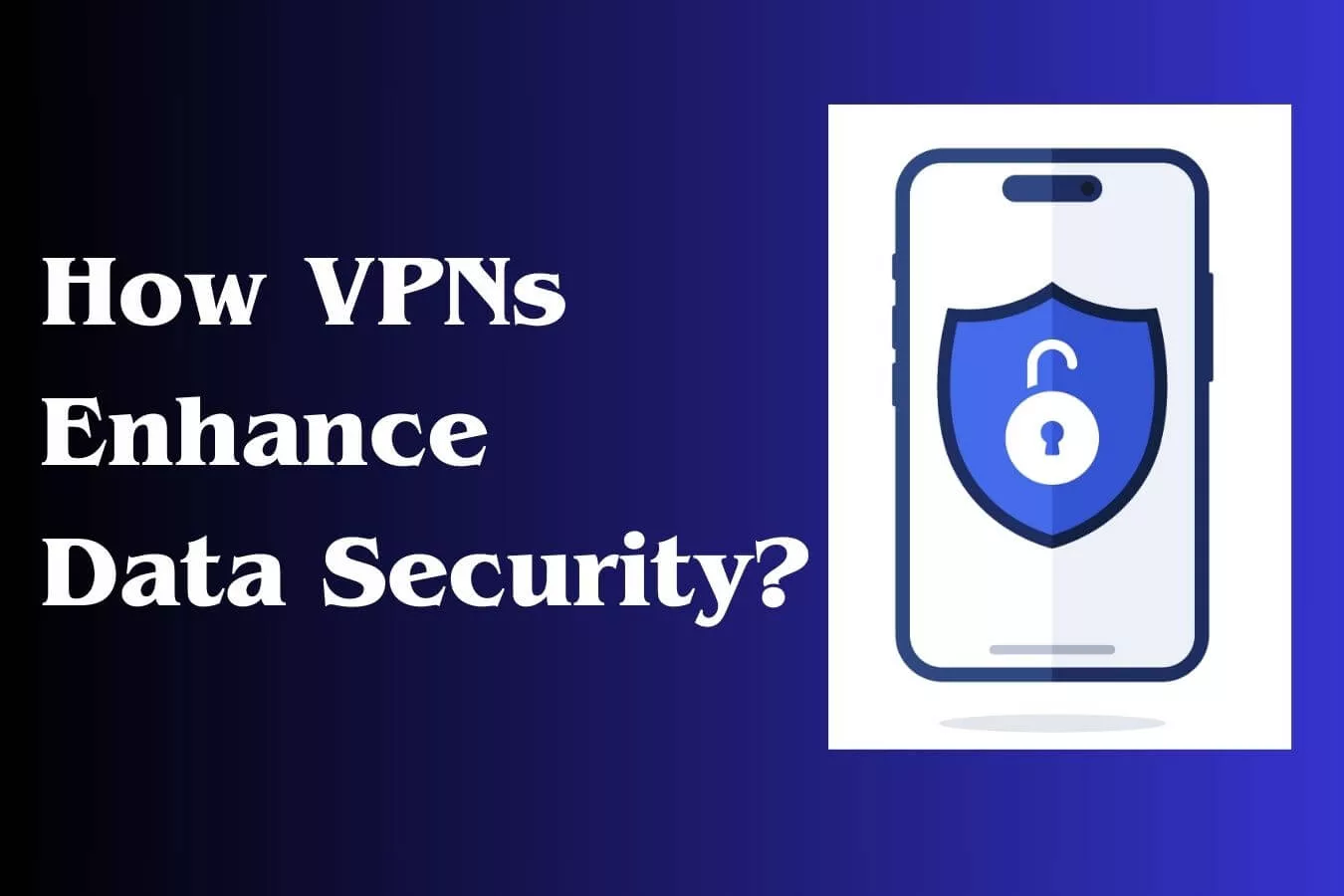 Whenever we use social media, we share personal information knowingly and unknowingly. The platforms collect data about our posts, likes, comments, searches, locations, devices, and more. They use this data for advertising and analytics purposes. However, the same data could be misused by hackers, scammers, stalkers, and even authoritarian governments.
Whenever we use social media, we share personal information knowingly and unknowingly. The platforms collect data about our posts, likes, comments, searches, locations, devices, and more. They use this data for advertising and analytics purposes. However, the same data could be misused by hackers, scammers, stalkers, and even authoritarian governments.
Some key privacy and security risks on social media include:
- Data breaches: Our personal data stored by social media companies could be accessed by hackers. Facebook’s data breach in 2018 impacted 30 million users.
- Targeted scams/hacks: Specific individuals can be targeted using their personal data.
- Government surveillance: Authoritarian regimes track and censor social media users. Over 50 countries have ordered social media platforms to give user data.
- Online harassment: Stalkers and bullies can use our social media activity to target us.
How Can a VPN Help?
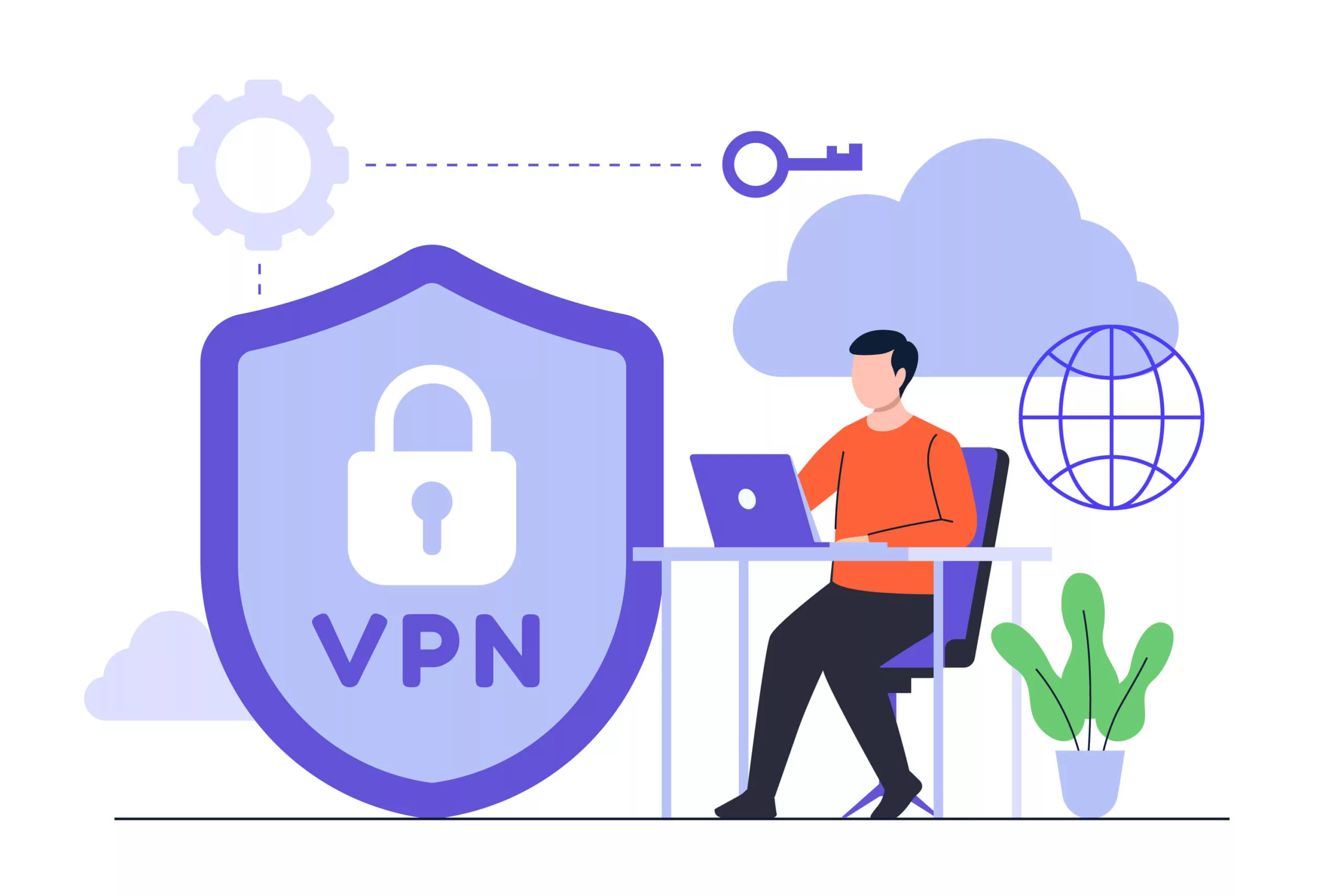
A VPN creates an encrypted tunnel between your device and the internet. This prevents your internet service provider (ISP) and the websites you visit from viewing your browsing activity. VPN services also provide other privacy and security benefits when using social media:
- Hide your IP address: Your IP address can be used to identify your location and ISP. VPNs assign you an IP address from their server location, hiding your real IP address.
- Encrypt data: VPN encryption prevents hackers on public Wi-Fi networks from accessing your social media data and credentials.
- Bypass censorship: VPNs allow you to access blocked or censored social media sites by routing your traffic through another country’s server location.
How to Choose a Reliable Social Media VPN?
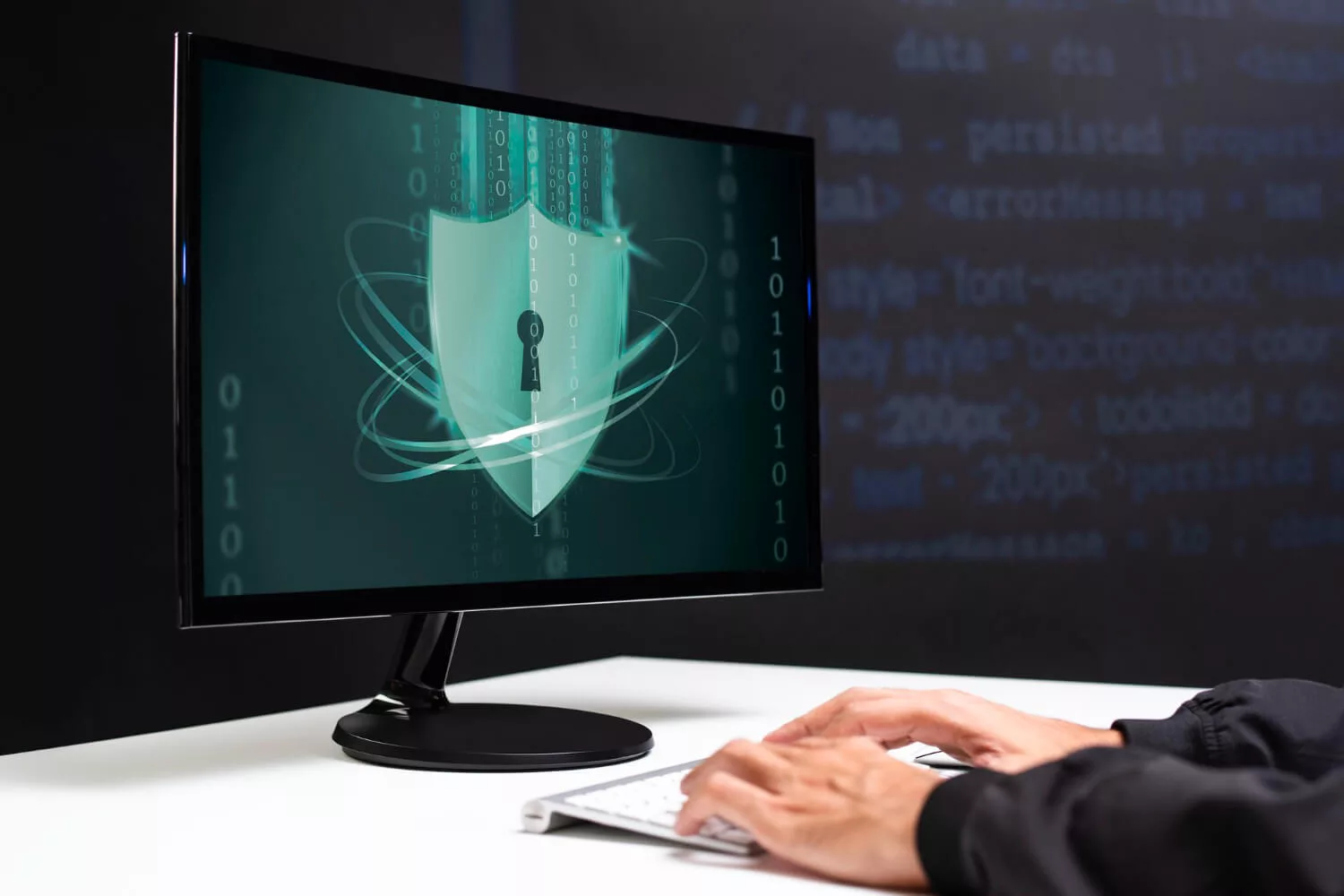
Not all VPNs live up to their security and privacy claims, as revealed by independent testing from Consumer Reports and other researchers. When choosing a VPN for social media, look for providers that:
- Have a strict no-logs policy, not tracking user activity
- Offer robust encryption (like AES-256) to prevent data leaks
- Have a large server network across different countries
- Provide fast speeds for smooth video streaming and calls
- Have easy-to-use apps for all devices
- Offer a money-back guarantee allowing you to test out their service risk-free
Some top-rated VPNs for social media include ExpressVPN, NordVPN, and Surfshark. You can use VPN trial for free before purchasing one.
Drawbacks of Using VPNs
While VPNs enhance privacy, they also come with some drawbacks:
- Slower internet speeds: VPN encryption can reduce speeds by 10-30%
- Extra costs: Paid VPN plans start from a few dollars per month
- Connectivity issues: Switching VPN servers can sometimes briefly disconnect you
- Can’t access all sites: Some sites block VPN IP addresses to prevent abuse
When Should You Use a Social Media VPN?
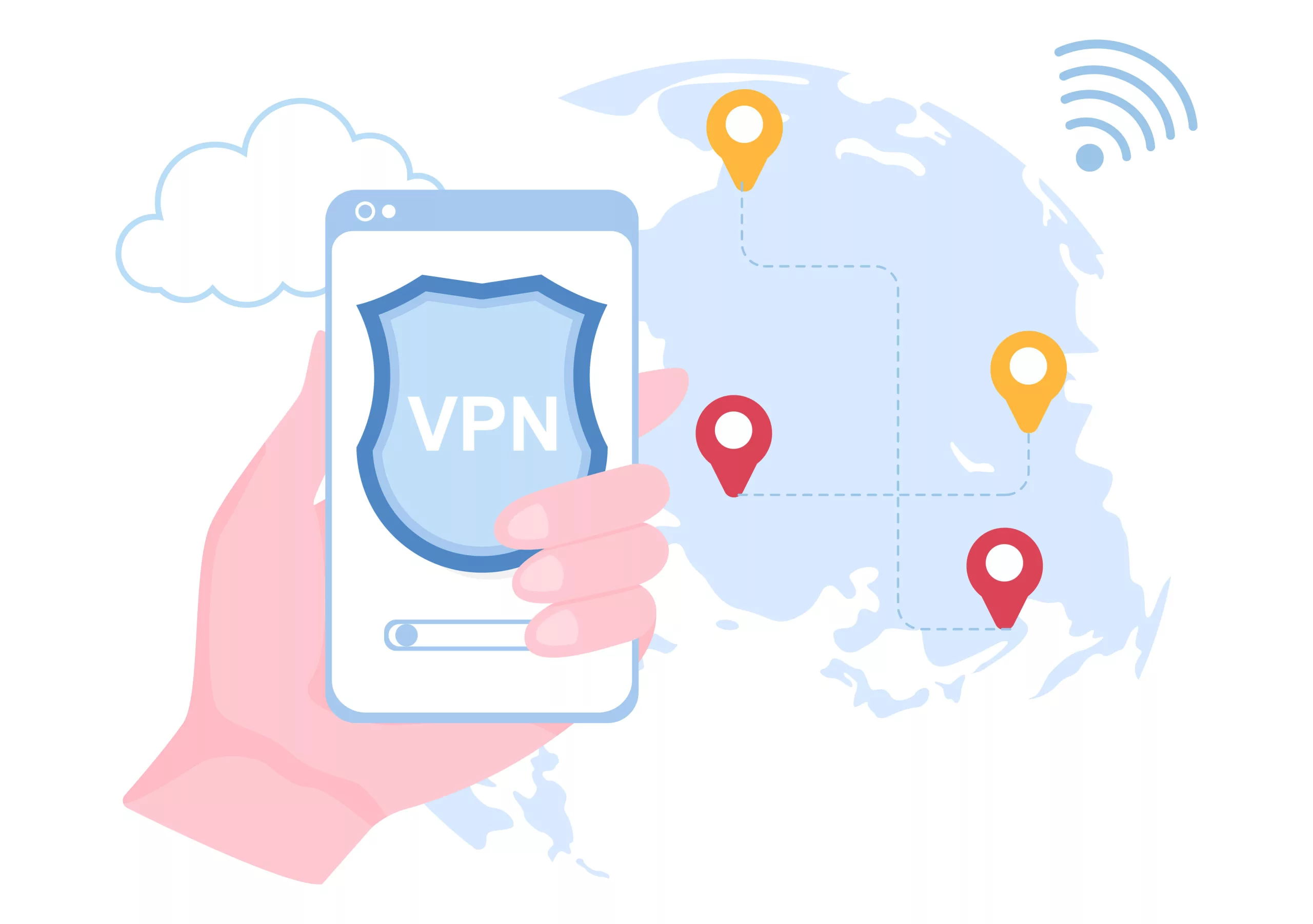
Given their benefits and disadvantages, these are some instances when using a VPN makes sense for social media users:
- Accessing public Wi-Fi hotspots to prevent snooping
- Posting anonymously about sensitive issues without censorship
- Safeguarding accounts with large followings from data theft
- Travelling internationally through high-risk cybercrime countries
- Living under authoritarian regimes that restrict social media access
For everyday social media use at home on private internet connections, using a VPN provides extra security but may not be essential for most regular users.
Final Words
VPN technology can undoubtedly help boost your privacy and security on social media platforms. By hiding your IP address and encrypting connections, VPNs make it much harder for hackers, spying agencies, and cybercriminals to access your personal data.

